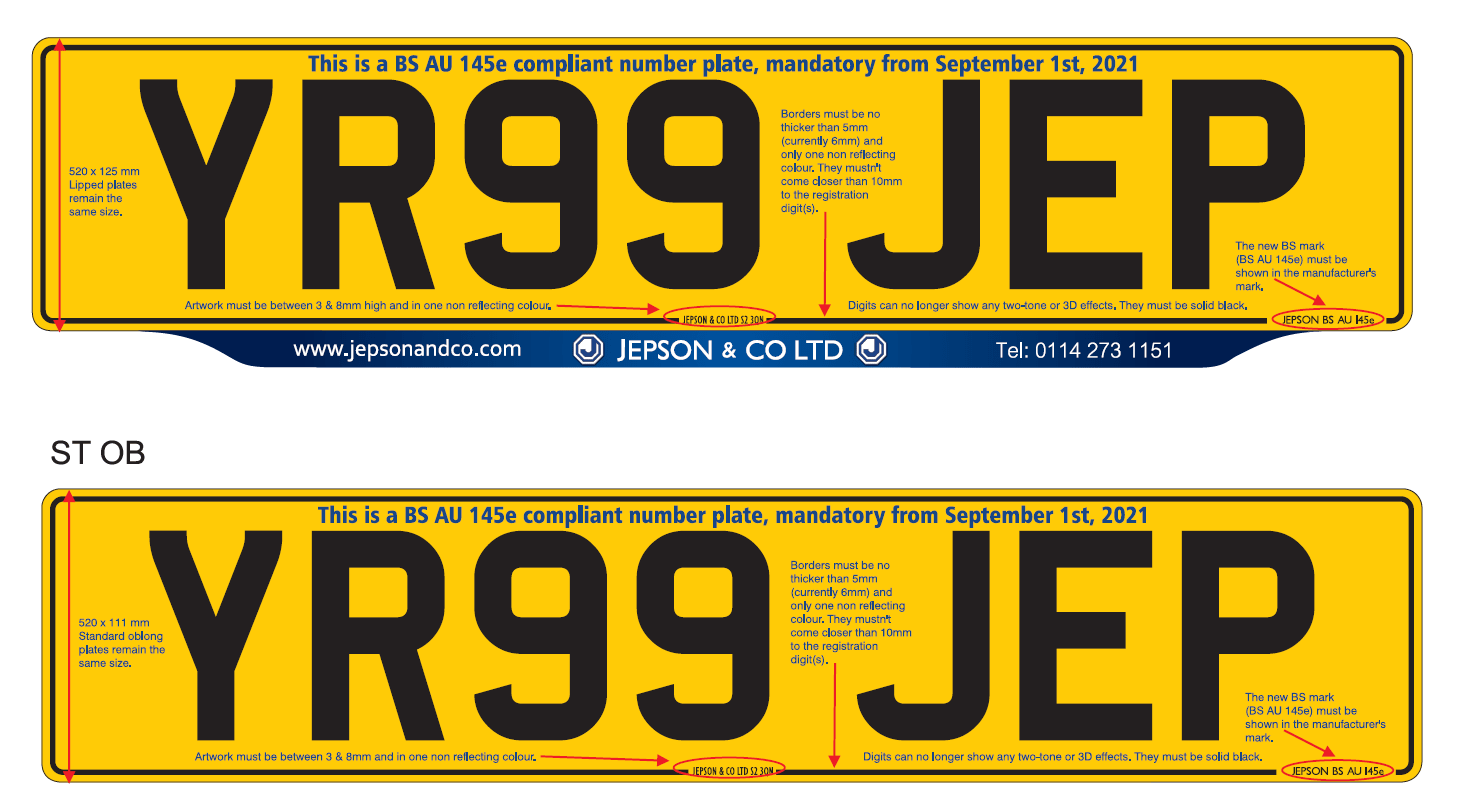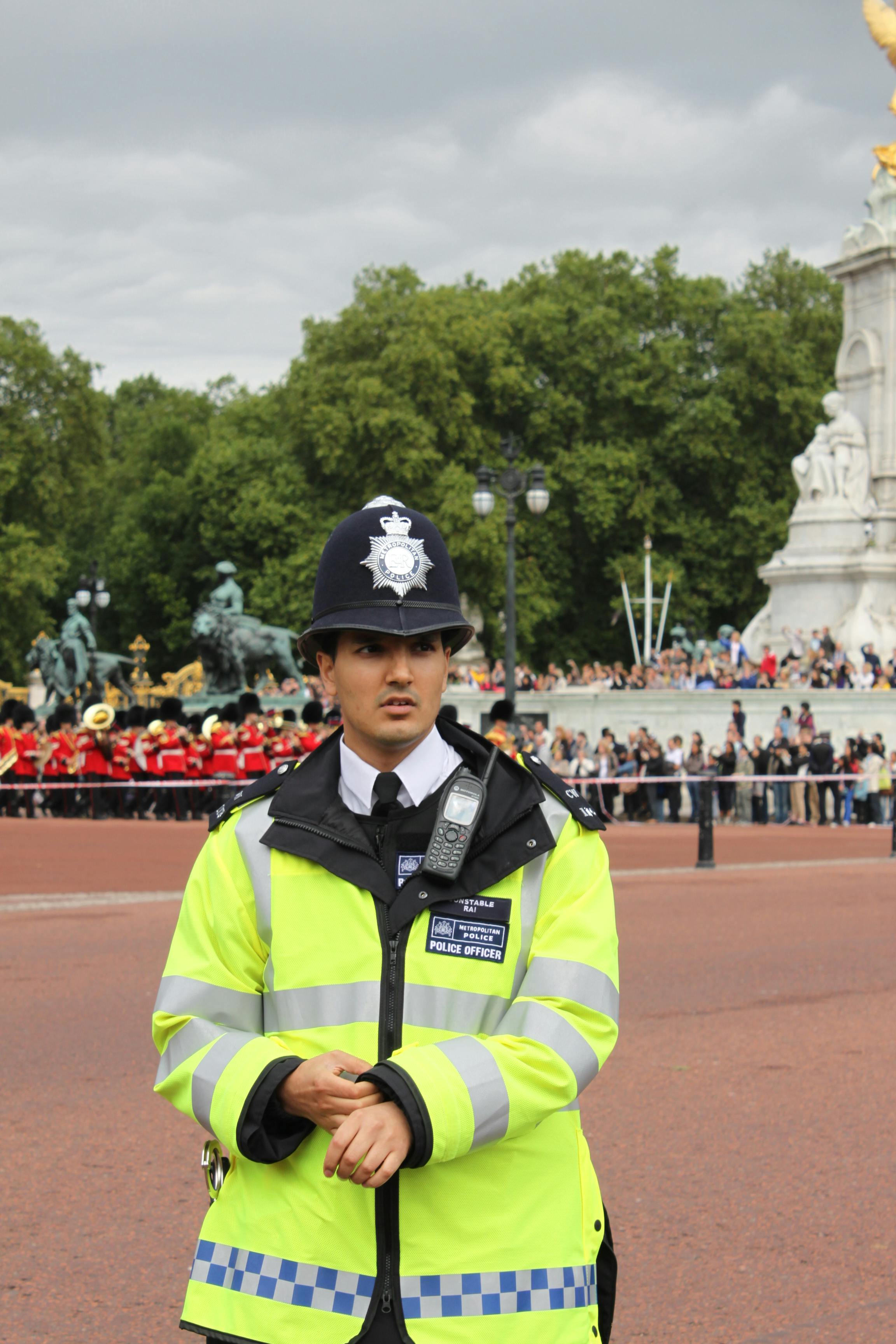Dark Background Number Plates: What’s Legal, What Isn’t, And What Police Actually Do About It
You might have seen cars with dark, smoked, or fully blacked-out number plate backgrounds and wondered if they’re allowed on UK roads. They seem a bit off when you spot them, but what does the law say? This article will answer this question and more, exploring the legality behind dark number plates, potential exceptions to the rules, and whether or not police enforce number plate-related driving offences.
Legal Requirements for UK Number Plates
UK law sets strict rules on how number plates must look. For almost every vehicle on the road, plates must be reflective, show black characters on a white background at the front and black characters on a yellow background at the rear, and must not have any background pattern or tint.
Vehicle number plates must also show the correct British Standard mark. Since September 2021, new and replacement plates have had to meet the BS AU 145e standard, which has tougher rules to ensure visibility, durability, and ANPR camera/police officer recognition.
The Only Real Exception: Classic Black-And-Silver Plates
Vintage number plates, which are black with white or silver characters, are only legal on vehicles built before 1 January 1980 and correctly registered in the DVLA’s historic vehicle tax class.
A rule change fixed this cut-off, so even newer cars that eventually reach 40 years old can’t switch to black and silver plates. So, if your vehicle doesn’t meet the pre-1980 historic requirement, you cannot legally display a dark background plate.
What Police Actually Do About Darkened Number Plates
The police have been actively enforcing illegal plate rules for years, and drivers can receive a £100 fixed penalty at the roadside for registration plates that are obscured, tinted, or misrepresented. Officers may also issue a defect notice, meaning the plates must be replaced within a set time. In serious or persistent cases, drivers can face higher penalties.
There are potentially wider consequences, too. Driving with illegal plates can lead to MOT failure and fines of up to £1,000 in some cases. This is largely because misrepresented plates can cause problems with ANPR cameras, toll systems, congestion zones, and enforcement checks, making vehicles harder to identify in low light.

Other Useful Information About Number Plates
Plates fitted from 1 September 2021 must meet the BS AU 145e specification, and older plates can remain if they met the correct standard when first fitted. 3D or raised characters are allowed as long as they are a single solid shade of black and the plate meets the British Standard.
Electric vehicles can use a green flash on the side of the number plate, but it does not change the rule that the front must be white, and the rear must be yellow.
To avoid any issues, motorists should always buy physical number plates from a DVLA-registered number plate supplier like Jepson & Co Ltd. At National Numbers, we can provide fully legal physical number plates via Jepson & Co Ltd during our checkout process.
Dark Background Number Plates: The Bottom Line for Motorists
Dark number plates on modern cars are not legal in the UK. The only vehicles allowed to use black plates with white or silver characters are those built before 1 January 1980 and recorded as historic.
Police regularly stop cars for illegal plates and issue on-the-spot fines, and vehicles can fail the MOT. If you want a custom plate to look sharp without risking penalties, the safest option is to stick with legal white and yellow plates that meet the current standard.
To buy the rights to over 72 million private number plate options, choose National Numbers. Browse our private number plates online or call our friendly team on 01642 363738 for more information.

